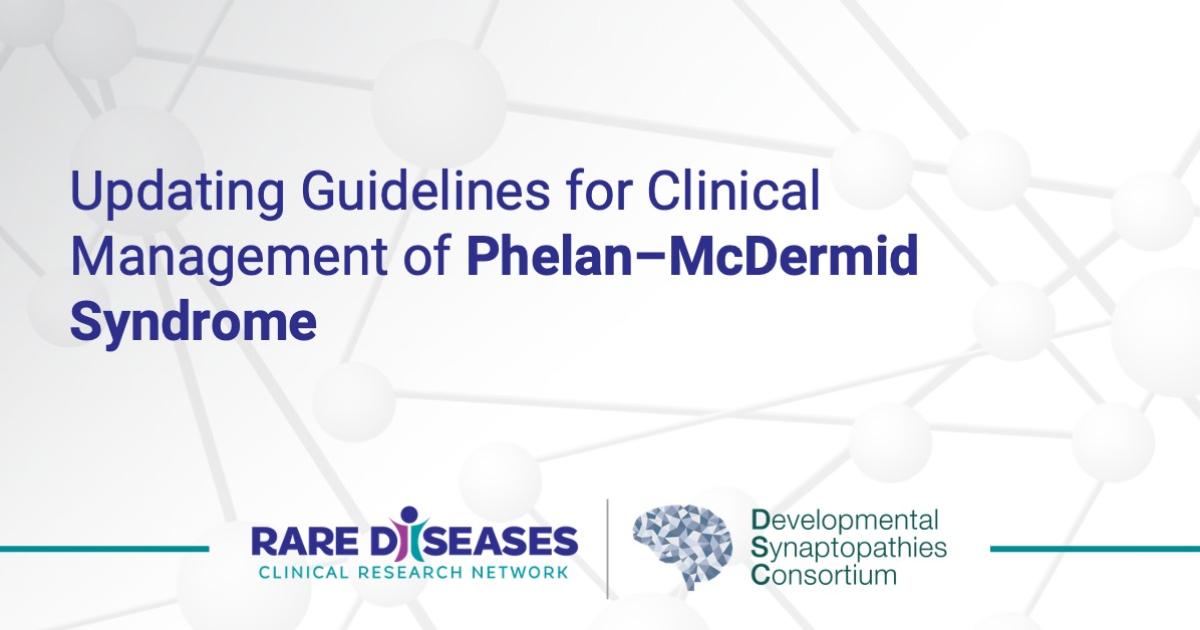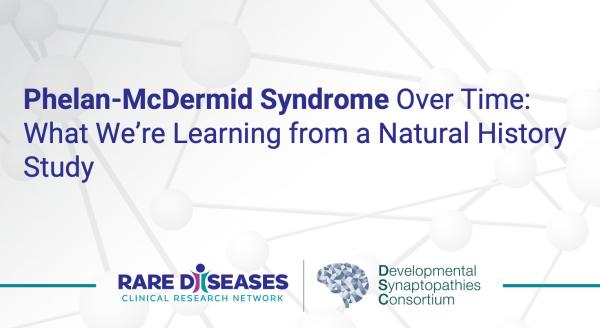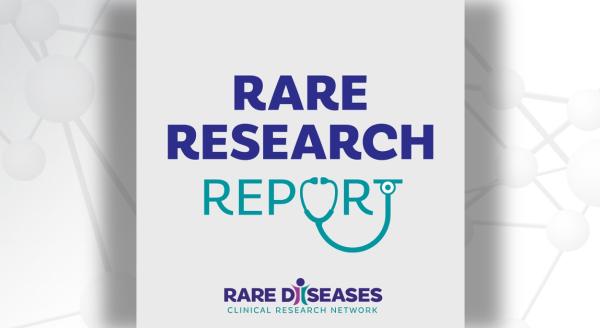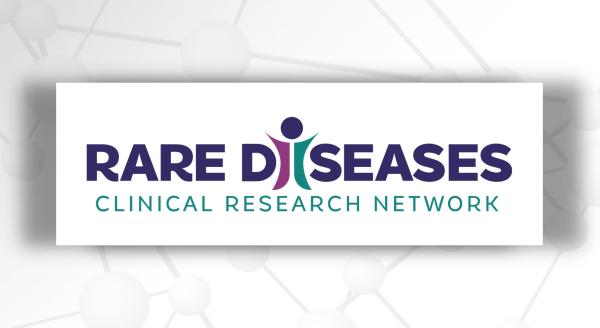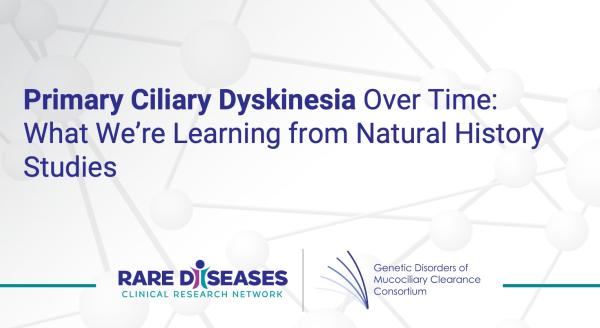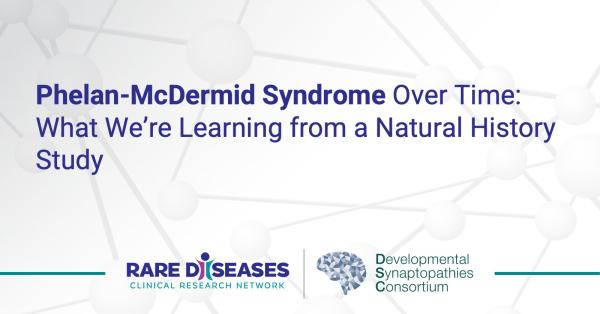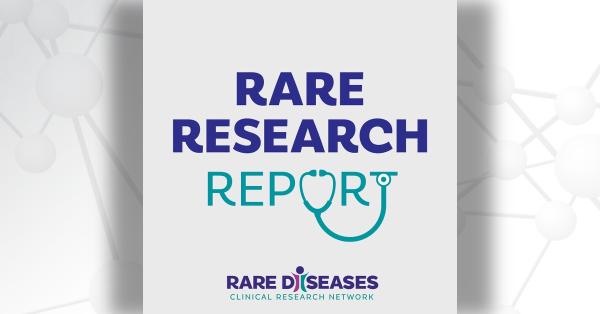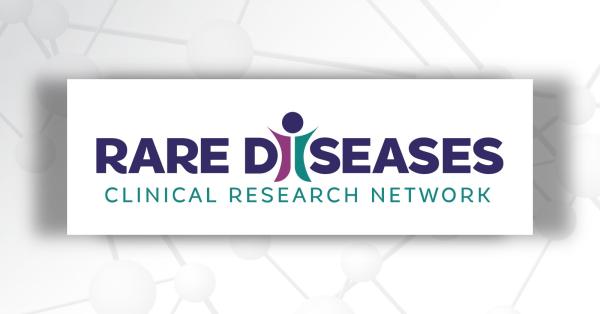A taskforce of clinicians and parents of individuals with Phelan-McDermid syndrome have collaborated to update guidelines for clinical management. These new updates, published in the American Journal of Medical Genetics on July 1, 2023, draw upon research studies conducted by the Developmental Synaptopathies Consortium (DSC).
Phelan–McDermid syndrome (PMS) is a genetic condition caused by the deletion of a portion of chromosome 22 or a mutation in the SHANK3 gene resulting in a wide range of neurodevelopmental and systemic characteristics. Individuals with PMS can experience low muscle tone, global developmental delay, intellectual disability, delayed or absent speech, autism spectrum disorder (ASD), and motor delay.
The first guidelines for assessment and monitoring in individuals with PMS were published in 2014. That same year, the DSC—a group of medical centers throughout the United States studying three related rare genetic syndromes that often cause ASD and intellectual disability, including PMS—was established, spawning new collaborative research efforts. Over the years, knowledge of the genotype, phenotype, and natural history of PMS grew significantly.
With this additional knowledge, researchers recognized the need to update clinical management guidelines for PMS. First, they assembled a taskforce of clinical experts in PMS and representatives from the parent community. Experts formed subgroups based on their areas of specialty—including genetics, neurology, neurodevelopment, gastroenterology, primary care, physiatry, nephrology, endocrinology, cardiology, gynecology, and dentistry. Each subgroup also included a parent or caregiver from the PMS community, ensuring that the lived experiences of people with PMS were integrated into the guidelines.
“When I learned about this opportunity, I knew I wanted to be on the gastroenterology team,” says Diane Linnehan, director of operations at the Phelan-McDermid Syndrome Foundation. “My daughter's health has been profoundly affected by complications of her gastrointestinal system for over 30 years, and there is so much more to learn.”
Between 2021 and 2022, members of each subgroup met regularly to produce specialty-specific guidelines based on feedback and discussion. Their recommendations cover topics including diagnosis, treatment options, ongoing primary care, and more.
“To be part of a team of dedicated and knowledgeable researchers and clinicians who are interested in understanding my daughter's rare syndrome was empowering, because we often feel alone and unheard as parents,” says Linnehan. “I shared the challenges of making decisions and planning for the clinical care of someone who has a rare syndrome, is non-verbal, has a high tolerance for pain, has seizures, sleep issues, gastrointestinal dysfunction, and so many other physical and learning issues—and those challenges are reflected in the guidelines.”
By providing accessible, up-to-date knowledge on PMS, these guidelines allow for improved assessment and monitoring of patients—which will ultimately improve care for both individuals with PMS and their families. As research continues and new knowledge becomes available, the team plans to update the guidelines as needed.
“While each person with PMS is unique, these guidelines serve as a valuable starting point for clinicians and parents together to establish an individualized care plan based on the latest knowledge and research,” says Linnehan. “We know that life can turn in a moment with Phelan-McDermid syndrome, so the updated consensus guidelines can also help parents consider and plan for the potential specialists that may be involved in their child's care now or in the future.”
The Developmental Synaptopathies Consortium (DSC) is part of the Rare Diseases Clinical Research Network (RDCRN), which is funded by the National Institutes of Health (NIH) and led by the National Center for Advancing Translational Sciences (NCATS) through its Division of Rare Diseases Research Innovation (DRDRI). DSC is funded under grant number U54NS092090 as a collaboration between NCATS, the National Institute of Neurological Disorders and Stroke (NINDS), the Eunice Kennedy Shriver National Institute of Child Health and Human Development (NICHD), and the National Institute of Mental Health (NIMH).

